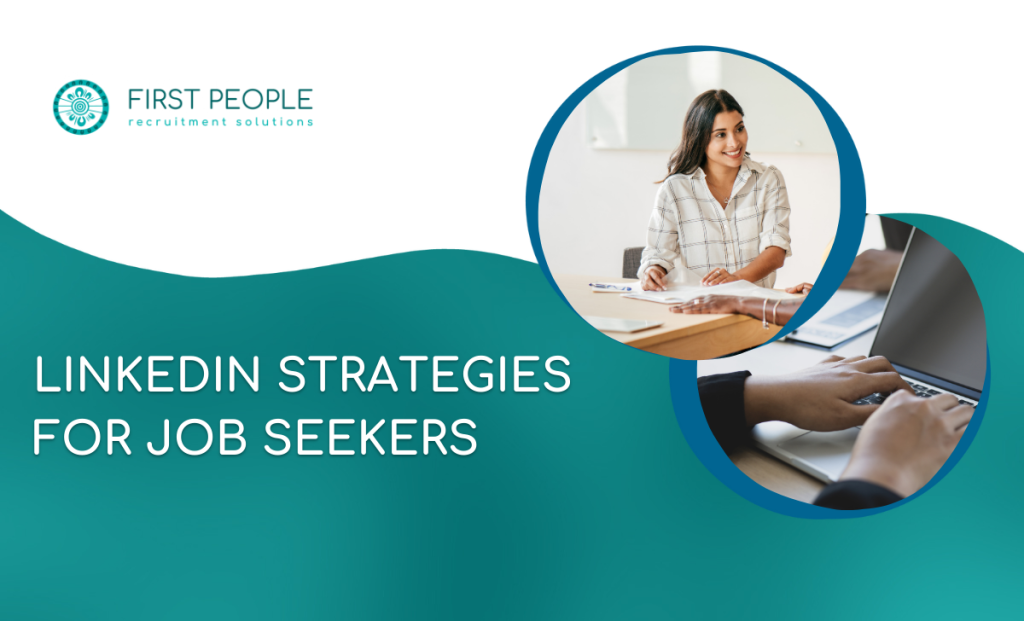Congratulations on securing your first job after graduation. It is an amazing achievement and one you should be proud of.
While it is an exciting time, it is natural to feel some nerves about entering the world of work, especially when you consider what that encompasses – from adapting to the shift from a university to a work environment, to establishing new routines and goals, to meeting new colleagues and of course, getting off on the right foot with your new employer.
We’ve compiled seven key tips for making a good impression to help you as you embark on your first role after graduation.
1. Do Your Homework
The first tip places you in familiar territory – research mode. Spend a little time in the days prior to your first day refreshing the knowledge you gained about the company, your manager and team during the graduate recruitment process.
This includes reviewing professional and social networking profiles and the company’s website. It should give you a bird’s-eye view of the business as well as the people you’ll work with, along with some possible talking points when meeting them.
2. Dress for Success and Turn Up on Time
When it comes to new job first impressions, your appearance and timing matter. Review the company website and their social posts to get a feel for the appropriate dress attire, and then aim to dress a little more formally. If you engaged a specialist recruitment agency during your job search, ask their advice.
On the day itself, try to arrive 10 to 15 minutes early to account for any possible transport delays. You can then enter the premises around five minutes before your start time, as earlier may catch your manager unawares.
3. Be Kind to Yourself
There will be a lot of information coming your way during your first day and week, so you might feel a little overwhelmed and/or worried about whether you’re up to the task of understanding all you need to.
Be patient with yourself, allowing space to adjust to the abundance of new things and people you’ll encounter. After all, it’s not likely you learned your entire university course content in your first semester!
If you don’t grasp a task on your first shot, take a deep breath, reset and try again. Keep in mind that failing is a fundamental part of professional growth, and you can take a positive out of a negative by recognising what you could do better and applying what you learned the next time. Don’t forget to also pat yourself on the back for your wins, both big and small.
As you will meet with your manager on your first day, you might like to ask them what they view as success for your first week and month, alongside setting up a time to check in about your progress. Getting a clear idea of expectations is a great way to not only impress, but help you work out if you’re on the right track.
4. Focus on Getting to Know Your Colleagues and Building Your Professional Network
Getting to know your co-workers, both in your direct team and across the greater business, brings numerous rewards.
The first is that it allows you to feel connected, and thus happy at work (in PWC’s 2021 Future of Work report, Australian employees rank ‘working alongside good co-workers’ as just as important to their job happiness as pay and work-life balance).
While you’ll devote a lot of your time to learning new tasks, you will also need to come to grips with plenty of new policies, procedures and ways of doing business unique to your company. Your co-workers can be a great support here.
It’s likely you’ll have an in-depth introduction with your team, but may not with other people across the business. During your first month, try to meet as many people as you can, taking the time to learn about their role and the impact it has within the company. It’s amazing how flattering it is for someone to spend a few moments in their day wanting to know more about you and what you do. It does wonders for building relationships and fostering future collaboration.
Say yes to any professional and/or social invitations that come your way. It might be company-wide events, a lunch get-together or after-work drinks. Use the time to get to know your colleagues on a personal level, keeping in mind you’re still within a work environment.
5. Ask Questions and Listen
As a new graduate, you’re not expected to know everything so asking questions is well within your job description. The key is to really listen and absorb the answers.
If possible, keep a notebook handy to not only write down new information, but list questions as they come up. You can then take initiative to try to find the answers yourself before approaching a colleague or your manager (consider online company resources). Trying yourself first shows you’re a self-starter and active learner, which is highly impressive.
Once you’ve collated your questions, ask your colleague or manager if you can have ‘x’ amount of time to run through them (or ask if they’d prefer it in an email). This saves you interrupting their workflow on numerous occasions by asking questions as they come to you.
6. Stay Positive and Open
Your professional demeanour is paramount in making a good impression, on your first day, week and beyond.
Aim to be open, friendly and positive. Show initiative where you can by volunteering to tackle tasks or projects but ensure it’s within your scope. You won’t make a good impression by taking on too much or agreeing to an unrealistic deadline and then failing. If you get stuck, ask for help early.
When you hit a milestone or make a major achievement, be sure to thank anyone who has helped you along the way. They’ll appreciate being acknowledged for the part they played in your success.
7. Look After Yourself
In starting your first job, it’s easy to put in long hours to the point of excess in the quest to be seen as a hard worker. But this can quickly lead to exhaustion and the very thing you don’t want – a reduction in your productivity.
That is why it’s important to take short breaks through your work day, as well as your full lunch hour away from your desk. Stick to a regular finish time and try to avoid the temptation of checking emails after hours.
If you feel you have too much on your plate, speak to your manager. Establishing clear boundaries between your professional and personal life early on is perhaps the most important thing you can do to ensure you have a long career. Your recruiter is also a valuable source of support here, especially when it comes to helping you settle into your new role.
And our final tip – enjoy your new job! You’ve done many years of hard study to get here, and you deserve to perform work that you’re passionate about.
Need Further Help?
We hope these tips help you make a good impression in your new position, and that this role is the first stepping stone to a long and rewarding professional career.
If you’re a new graduate and still in the process of looking for your first opportunity, here at FPRS we have a host of graduate jobs across a range of industries. As the first Indigenous recruitment agency in Australia, we specialise in helping Indigenous and non-indigenous talent find their right role fit. Please connect with one of our specialists if you’d like some support.



